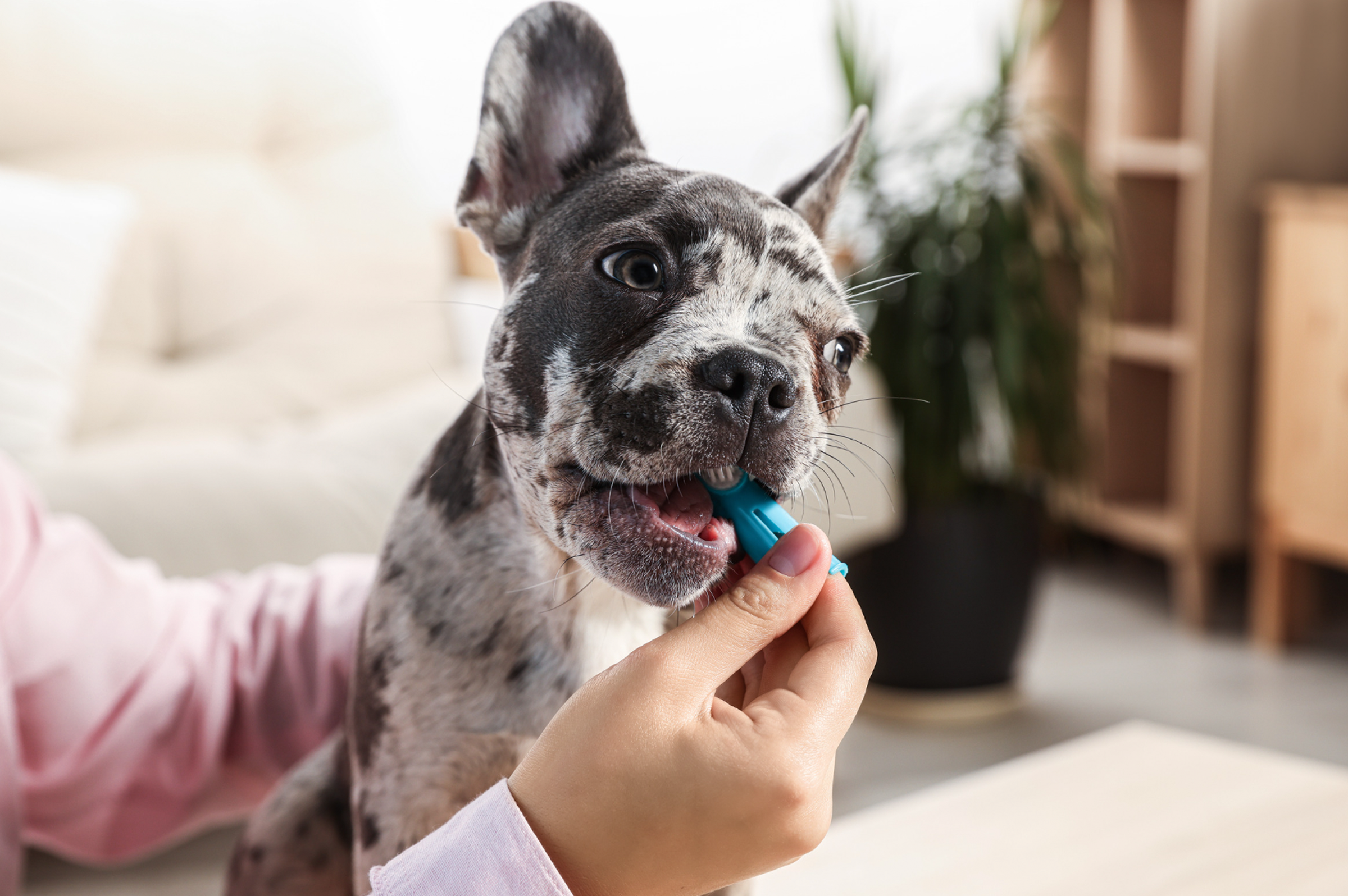Veterinarians estimate that 30% of dogs suffer from anxiety. Yikes, right?
Not only that - experts say the number is probably rising.
This is a problem because when left unchecked, canine anxiety disorder can lead to behavioral issues that are challenging to resolve.
WHY ARE SO MANY DOGS SUFFERING FROM ANXIETY?
Simply put, it’s because they are being increasingly exposed to the kind of conditions that make them anxious.
They don’t get enough exercise or stimulation. Their immune systems and gut health are compromised due to poor diet and exposure to toxins and pathogens in their environment. And thanks to their owner’s busy work schedules, they’re left alone for too long and aren’t getting the social interaction they need to feel safe, secure, and loved.
HOW TO TELL IF YOUR DOG HAS AN ANXIETY DISORDER
All dogs experience minor episodes of anxiety from time to time. But for some dogs, this anxiety can develop into a chronic disorder that will have a negative impact on their lives and yours.
Here are the signs to watch for:
- Unusual urinating or defecating inside the house
- Chronic diarrhea
- Destructive behavior
- Unusual aggression
- Excessive barking and crying
- Unusual panting or pacing
- Repeatedly licking or biting themselves - sometimes to the point when sores develop
- Tucking or chasing their tail
- Excessive drooling
- Depression
- Repetitive or compulsive behavior
If your dog is exhibiting any of these behaviors, we recommend you take him or her to the vet for a checkup right away.
COMMON CANINE ANXIETY TRIGGERS
According to veterinarians and dog experts, these are the most common triggers that increase a dog’s chances of developing chronic disorder:
- Not receiving proper social or environmental conditioning before they are 14 weeks old
- Being forced to endure a frightening or unpleasant experience without the ability to escape or get away from it
- Experiencing neglect
- Being rehomed or having multiple owners over time
- Excessive or forced behaviors
- Suffering from illness or a painful physical condition
- Changes to the nervous system or exposure to toxic conditions
- Aging
Has your dog been exposed to any of these triggers? If so, you may want to pay more attention to his or her behavior and be on the lookout for any signs of possible anxiety.
WHAT TO DO IF YOUR DOG HAS ANXIETY
If you think your dog may be suffering from anxiety, we encourage you to bring him or her to the veterinarian for a consultation. In cases of serious anxiety, veterinarians may prescribe pharmaceutical medication.
There are also plenty of other non-medicinal remedies you might want to try and help them feel calmer, healthier, and more secure, such as:
- Exercise: Stimulates the production of serotonin and helps relieve stress. It also reduces pent-up energy and aggression.
- Distraction from the source of anxiety: By turning your dog’s attention to something other than whatever is upsetting or frightening, you can help minimize the resulting anxiety. One way to do this is to practice tricks such as “sit up,” “lie down,” “roll over,” etc., and rewarding their performance with treats.
- Calming music: Some dogs respond to soothing or calming music, or soft radio music or TV in the background.
- Massage: Just like humans, massage can be an effective way to alleviate stress and make a dog feel calmer and more relaxed.
- Weighted dog blanket: Some pet owners have experienced great results with “anti-anxiety” weighted blankets that makes the dog like they’re receiving a full body hug, safe and protected.
- A high-quality probiotic: Just like humans, a dog’s gut health can have a huge impact on its nervous system and mental wellbeing. A high-quality probiotic, such as VetSmart Formulas Critical Digestive Restore, helps promote good gastrointestinal health by restoring “good” bacteria to your dog’s digestive system. It also helps combat anxiety.
In fact, one recent study showed that probiotics had a 90% success rate in treating hyper anxious dogs, while another showed that probiotics reduced stress of dogs being kenneled.
Probiotics have also been shown to boost the immune system, increase nutrient absorption, and protect dogs from disease. (Click here to learn more about how probiotics can help your dog stay healthy.)
As always, the smart thing to do when you are concerned about your dog’s health and wellbeing is to consult your local veterinarian. And remember that anxiety doesn’t have to be a life-long sentence!
With the right care and attention, you can help alleviate your pet’s anxiety symptoms and help them feel calm and secure.











